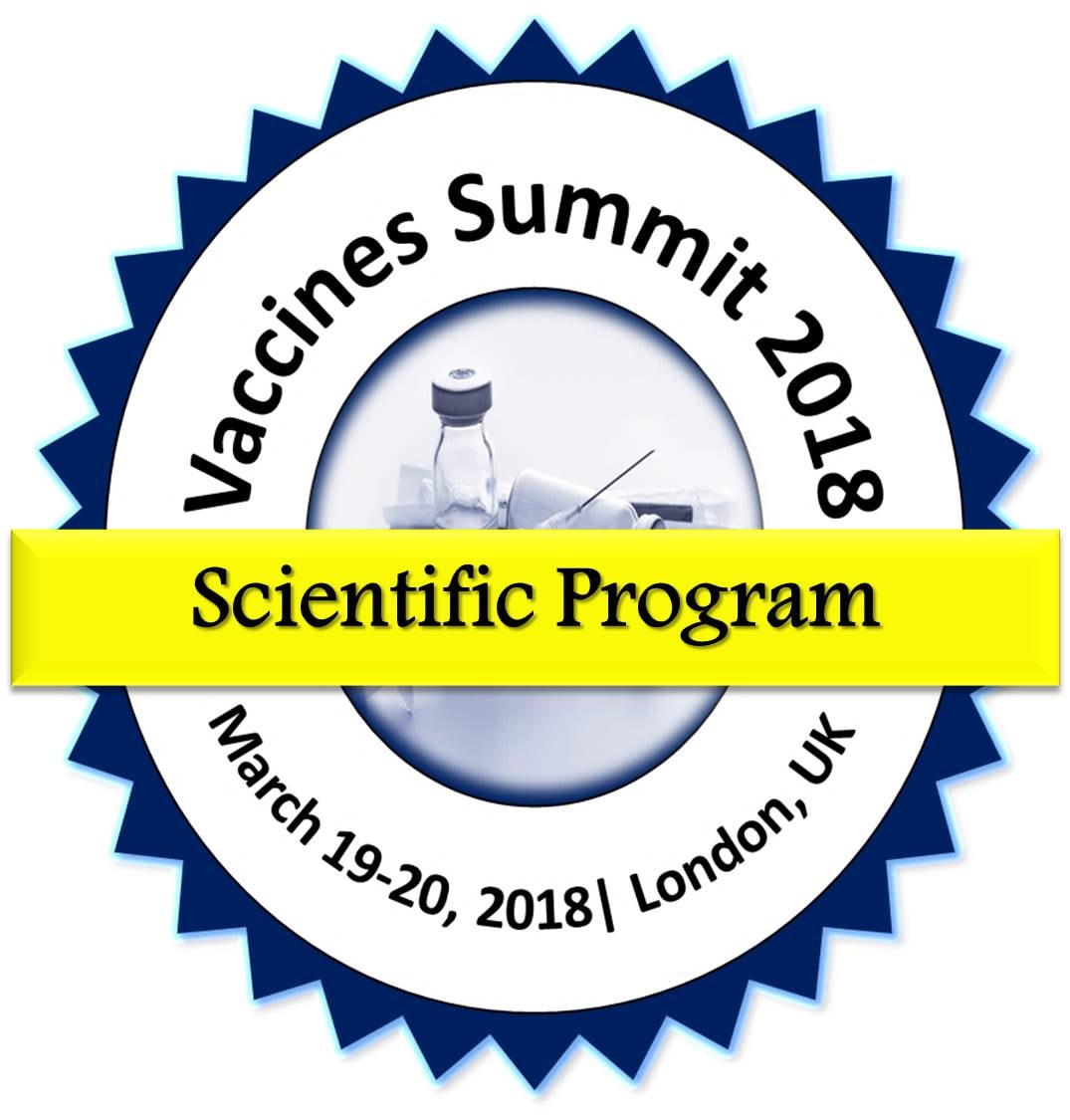
Biography
Biography: Silvia Martina Ferrari
Abstract
Statement of the Problem: Type 1 diabetes mellitus (also known as type 1 diabetes or T1D) is a form of diabetes mellitus resulting from autoimmune destruction of insulin-producing beta cells of the pancreas. The lack of insulin that derives from it leads to increased blood glucose. Th e classical symptoms are polyuria, polyphagia, polydipsia, and weight loss. T1D is a multi-factorial autoimmune disease determined by the interaction of genetic, environmental and immunologic factors.
Methodology & Theoretical Orientation: The literature about the possible association of T1D and viruses in humans has been reviewed.
Findings: Evidence obtained from in vitro studies and experimental animals suggest that diff erent viruses are able to modulate the development of T1D through various mechanisms, as direct beta cell lysis, molecular mimicry, by stander activation of auto-reactive T cells and loss of regulatory T cells. The strongest association among viruses and T1D involves enterovirus species, of which some strains (Coxsackie virus B) can induce or accelerate disease in animal models. In humans, the viruses that seem to be involved in the pathogenesis of T1D are Coxsackie virus, Rubella virus, Mumps virus, and Hepatitis C virus.
Conclusion: Viruses may directly infect and destroy pancreatic beta cells or may trigger or contribute to beta cell-specifi c autoimmunity with/without beta cell infection. However, there is no direct evidence that viruses can cause diabetes in humans, as it is diffi cult to evaluate the role of viruses in the development of T1D in humans. Large prospective cohort studies in pre-diabetic or genetically susceptible subjects and newly T1D patients are needed in order to understand viral etiology of T1D in humans.

